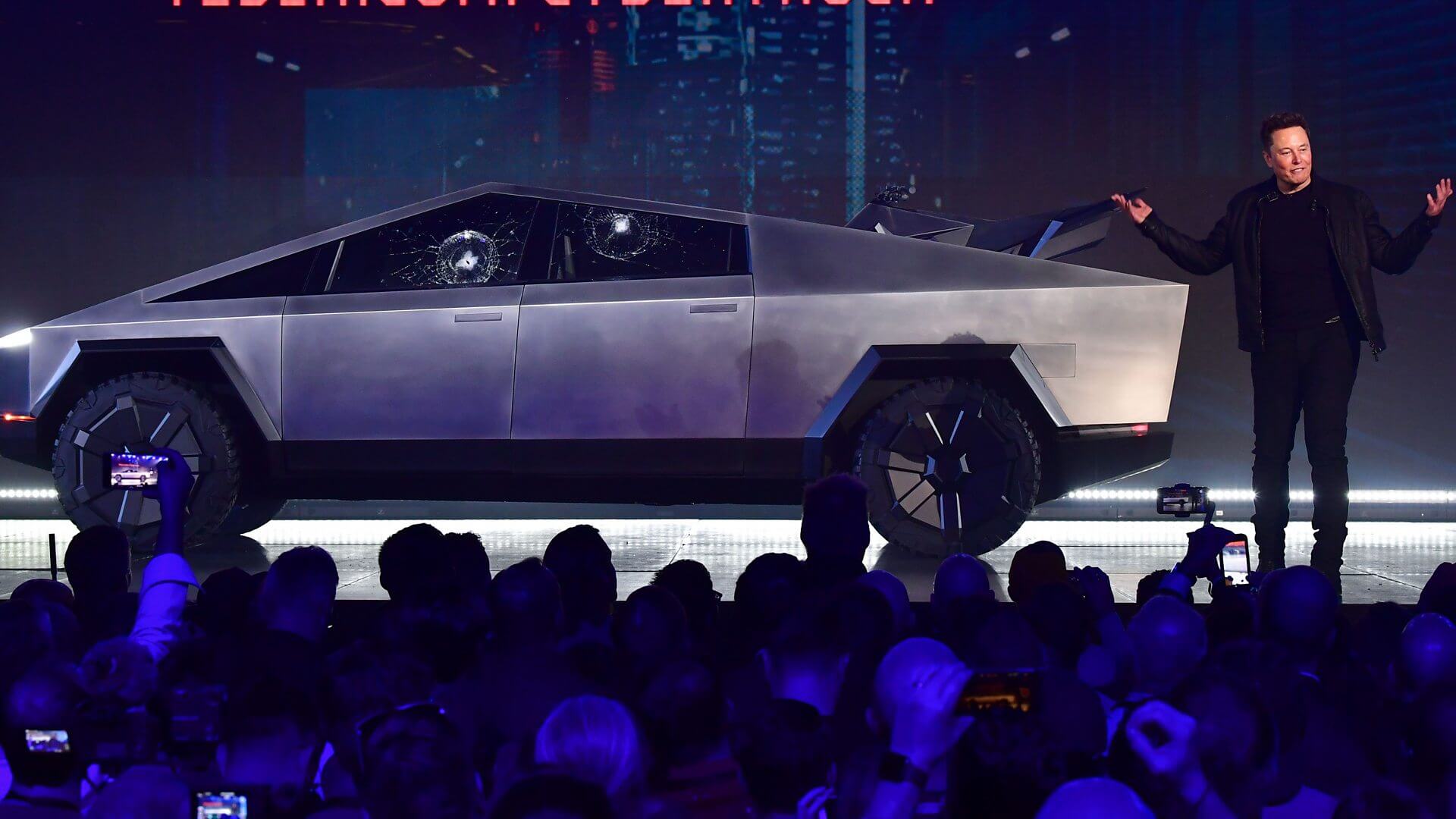Taiwanese Defense Minister Chiu Kuo-cheng announced Wednesday that the island’s military will no longer buy any Tesla vehicles, after the company’s CEO, Elon Musk, suggested that Taiwan should become a special administrative zone like Hong Kong in order to resolve its conflict with China.
The national army “will definitely not buy (Tesla) again at this time,” Chiu said during a legislative committee session on Wednesday. Chiu made the remark during his special report on the island’s “Plan for the Construction of a New Generation of Navy Light Corvettes” at the Foreign Affairs and National Defence Committee of the Legislative Yuan.
Additionally, Xu Jinteng, the deputy secretary of Taiwan’s Ministry of National Defence’s (MND) logistics department, raised privacy and security concerns about the vehicles. Noting that the Taiwanese military currently operates seven Tesla electric vehicles (EVs) for “general administrative and official business,” Xu told legislators the eight camera lenses on the inside and outside of the vehicle relay image data back to the company’s headquarters in the United States (US). “The seven electric vehicles are prohibited from using related functions whether they are in the camp or outside the camp. (The) function must be turned off on the panel,” he stated.
2/ His belittling comments are ill-informed and could affect our Natl. Security. Elon’s influence could give the world the wrong impression, and so I unequivocally reject his negative sentiments.
— 陳時中 Chen Shih-Chung (@TaipeiShihChung) October 9, 2022
Xu said that the military had originally bought the EVs to comply with the government’s environmental policies. However, following Musk’s recent comments, he said the MND had “no plan to buy Tesla at present, and it will cooperate with the policy in the future.”
Adding to this, Defence Minister Chiu emphasised that “once [a purchase] causes inconvenience and concerns, it will be restricted.” “This is what the national army does. At present, I will definitely not buy it again,” he declared.
Taiwan’s decision comes after Musk said in an interview with Financial Times (FT) last week that his “recommendation” for the Taiwan issue “would be to figure out a special administrative zone for Taiwan that is reasonably palatable.” He admitted that his suggestion “probably won’t make everyone happy,” but noted, “It’s possible, and I think probably, in fact, that they could have an arrangement that’s more lenient than Hong Kong.”
The spokesperson of Taiwan’s ruling Democratic Progressive Party (DPP), Huang Tsai-lin, criticised Musk in response for not condemning the Chinese Communist Party’s (CCP) misconduct. She accused Musk of catering “to the threat of the aggressor by sacrificing Taiwan’s independence, completely ignoring the limitless ambitions of authoritarian rulers,” adding that “such a proposal would only repeat the mistake of ‘appeasement’ of the pre-World War II era.”
You'd think the man would at least know something about the supply chain of the company he owns, lol. But hey, these tech billionaire types just love to take credit for things they aren't responsible for at all, so I guess his lack of knowledge isn't surprising
— Brian Hioe 丘琦欣 (@brianhioe) October 10, 2022
Huang said the actions of the CCP “threaten global and regional peace and stability” and have caused the US, the European Union, and “other nations” to “pay more attention to such behaviour and jointly condemn them.” “The tension in the Taiwan Strait is entirely caused by the CCP’s desire to unilaterally change the status quo,” she argued.
Echoing the sentiment, Taiwanese Premier Su Tseng-chang said on Tuesday that business magnate Elon Musk “doesn’t know much” about the island. “Musk is a businessman. He has a big car factory in Shanghai and he wants to promote his electric vehicles... a businessman may say this today and say that tomorrow,” he asserted. Su added that Musk “only speaks for himself” but “really doesn’t know much about Taiwan” and “he also doesn’t understand cross-strait relations.
Meanwhile, China’s foreign ministry has “welcomed” Musk’s “understanding and support” and said that “provided that national sovereignty, security and development interests are ensured, Taiwan can adopt a high degree of autonomy as a special administrative region.” It added that the island’s “social system and its way of life will be fully respected” and that its “lawful rights and interests… will be fully protected.”
Musk’s recent comments could have a significant impact on his business empire, as Taiwanese companies comprise around 75% of Tesla’s component supply chain. According to AmCham Taiwan, the powertrain, body electronics, telematics (e.g., cameras and monitors), battery, and charger of “a typical Tesla model,” all “rely heavily” on Taiwanese suppliers.

